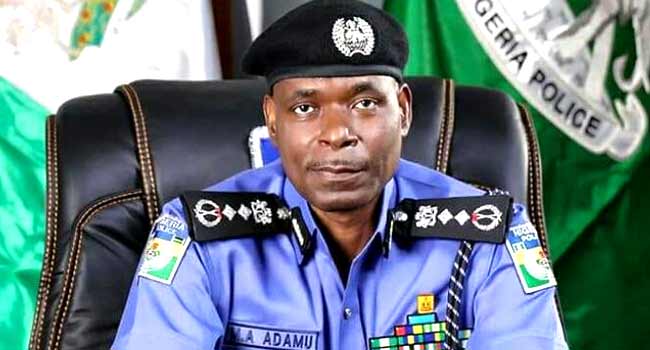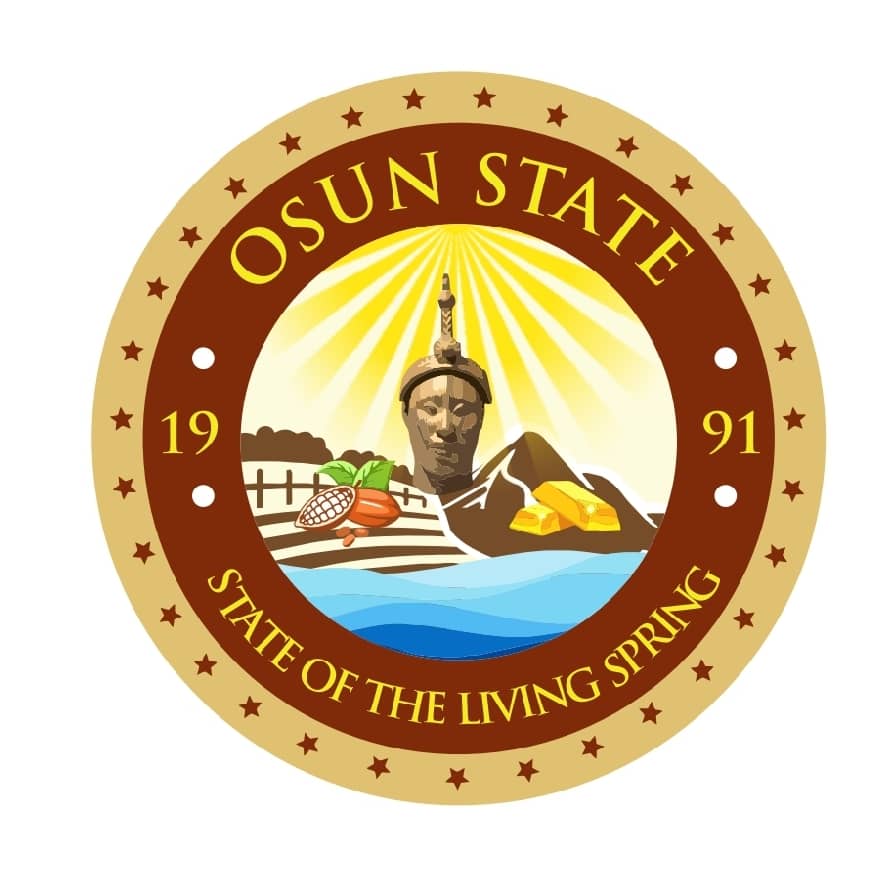IGP Adamu Blames States Govt Over Insecurity


Inspector-General, of Police Mohammed Adamu, on Thursday 18th March 2021, blamed states of not fully cooperating with the Federal Government in the battle against insecurity.
He canvassed “community participation” through the involvement of traditional rulers to secure the country from all forms of criminality.
According to him, security should not be left entirely in the hands of security agents.
Adamu spoke during the third Quarterly Meeting of Secretaries to State Governments (SSGs) in Abuja, coordinated by Secretary to the Government of the Federation (SGF), Boss Mustapha.
The IG said, “We are not getting the maximum cooperation we are supposed to get at the state level. And we believe that the SSGs should be conscious of security in their states.
“When they are able to galvanise all the stakeholders and different structures that can enhance the security of their states, we would have relative peace in terms of insecurity.
“If SSGs are not coordinating activities within the states in these areas I don’t think there is anybody that can do it.”
Niger State SSG Ahmed Ibrahim Matane, said the state is under policed. According to him, there are only 86 policemen posted to Rafi Local Government, where banditry is prevalent.
Mustapha and National Security Adviser (NSA) Babagana Monguno expressed the same position that traditional rulers should be involved in the security architecture.
Mustapha said, “Governments at all levels have been doing their utmost best to address these challenges. However, its persistence calls for approaches that are more than the conventional and normal.
“We need to involve all arms of government, all apparatus of government and most importantly, those that have relationship directly with the rural communities and the citizenry.
“It is, therefore, in line with the commitment of President Muhammadu Buhari, with support from all governors, that this forum should bring to bear its coordinating and monitoring role at all levels for a holistic approach to a resolution of these problems.
“To enable us learn from a practical experience of dealing with the issue of banditry, we have requested one of our members to share with us so that others with similar experiences can also exchange notes and by the end of the day, we leave with practical steps and strategies to curtail this menace.
“We all know that these criminal elements have turned our hitherto pristine forest reserves into an operational base and hide-out from which most of their activities are launched and sustained.
“Of course, we will still need our forests and other protected areas for the services they provide, especially as foreign exchange earners, sources of job creation, guaranteeing availability of soil nutrients and water for food security.
“They also serve as carbon sinks for addressing climate change and providing clement environment for a healthy living,” he explained.”
Mustapha added, “Nigeria has been confronted with an inexplicable escalation of violence resulting in insecurity across the nation.
Monguno said, “If you disengage community leaders, you will not have the type of intelligence you need.
“Right now, security agencies do not work together as closely as expected. We have been trying to ensure unity of purpose, unity of operation”.
“Whether we like it or not, in Nigeria, we fundamentally rely on traditional institutions. They are essential to security and if they do not carry the kind of authority they ought to, we cannot recalibrate the entire political structure.
“Leave out our traditional rulers, you will begin to see all kinds of leaders of various sects filling the vacuum because their traditional rulers have been taken away from what they are supposed to do and coordinate.
“It is not to give people traditional titles alone. Traditional rulers must be fully engaged to support our efforts.”
Monguno explained that the meeting, which wasvirtual due to the COVID-19 pandemic, took short presentations from Niger, Taraba, Oyo, Plateau, Imo and Akwa-Ibom SSGs, who shared experiences from their states.










